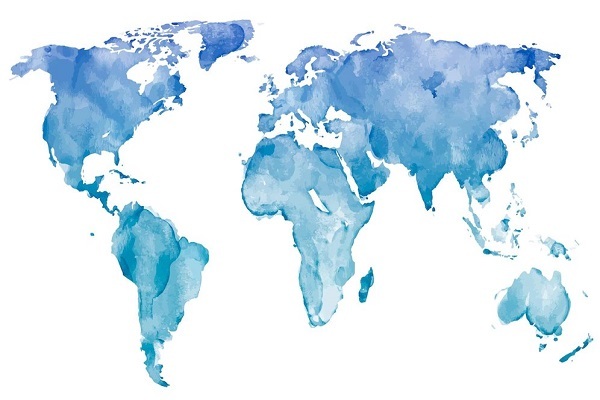How Islam Views Nationalism

What follows is a summary of remarks made by Mehdi Omidi in a seminar titled “Islam and nationalism”:
Nationalism arises in the form of the existence of a collective feeling or conscience among some people. But a nation is made of not just emotional factors, but other objective factors such as language and ethnicity.
Islam condemns the division of humans on the basis of soil and blood. “People, We have created you all male and female and have made you nations and tribes so that you would recognize each other. The most honorable among you in the sight of God is the most pious of you. God is All-knowing and All-aware.” (Surah Al-Hujurat, verse 13)
So, the reason for the existence of different nations and tribes is that people get to know and interact with each other.
Geographical boundaries, nationality, and ethnicity have never been among valuable criteria in Islam. Instead, this religion attaches great value to piety, belief, faith, and righteous action. According to the Quran, the existence of different tribes is like the existence of different families.
The aim of these distinctions is that people can interact with each other, compensate for each other's shortcomings and form a greater civilization. Islam always pays attention to solidarity, considering it a precondition for the survival of society. However, Islam prioritizes inclination toward the right action or deed to those driven by nationalism.
A tradition in the Jahiliyyah was that people had to defend their fellow tribesmen, no matter whether they were oppressors or oppressed. However, Islam changed this and stressed that people should help the oppressed and stop supporting the oppressor even if they are their fellow tribesmen.
Another component of nationalism is independence, which can be praised, provided it does not cause division among Muslims.
Another point relates to the notion of identity. If the national identity stands against divine values, Islam strongly rejects it because the religion says people should pursue deeds based on what is right.
Another component of nationalism is belonging to a political unit. What is Islam's view of this component? Islam accepts political units just as means and nothing more. The Quran never uses addresses such as “O Arabs”, rather, its addresses are faith-based and include people from across the globe: “O believers!”
Accordingly, one can say that Islam categorizes nationalism into two groups: positive nationalism vs negative nationalism. Negative nationalism is a type of tendency towards ethnic and racial aspects that separates people. Positive nationalism is nationalism in which there is solidarity and benevolence to fellow human beings and lacks any prejudices towards language and race.



